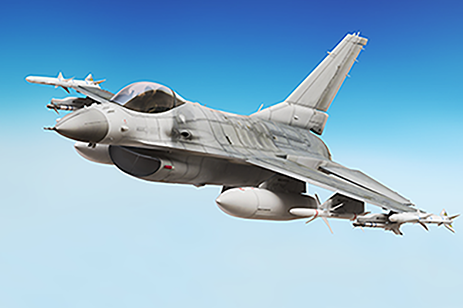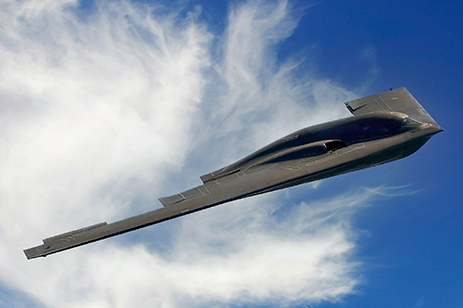
Tasked with developing a flexible, modular aircraft protection system, an aerospace company sought a small data network attached storage (NAS) device that could be used on current and future programs. Besides flexibility, the developer sought a commercial off-the-shelf (COTS) NAS device, which meant it was available now with no investment in develop mentor testing. A COTS product would reduce schedule and technical risk.
Also, the NAS could not be International Traffic and Arms Control (ITAR) controlled. The system was planned to be exported to several countries in the future. An ITAR-controlled product would limit the export possibilities. The NAS had to protect the classified data during the missions and transport of the data to and from the aircraft. In a ground station, mission plans and maps would be loaded onto a removable memory cartridge (RMC) and transported to each aircraft before missions.
After each mission, the RMC would be transported back to the ground station for threat analysis and de-brief. A NAS with encryption was sought, and the encryption needed to be agency approved. Another key pain point was a loaner system. The developer sought a product they could test during a trade study before product selection. A data sheet can imply many things, but engineers like to test and prove functionality.

